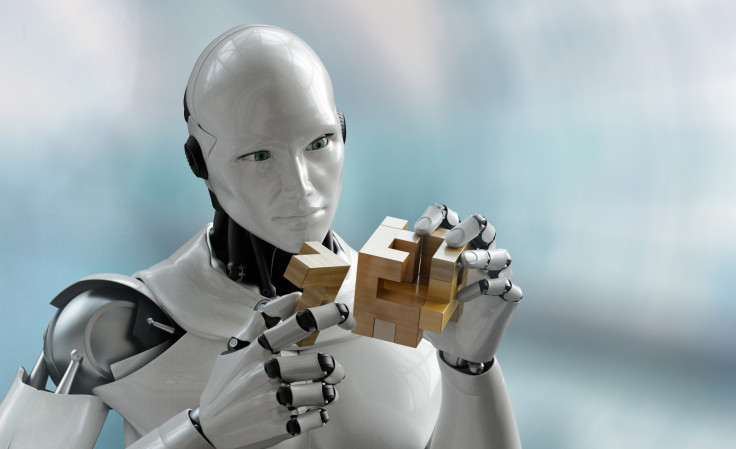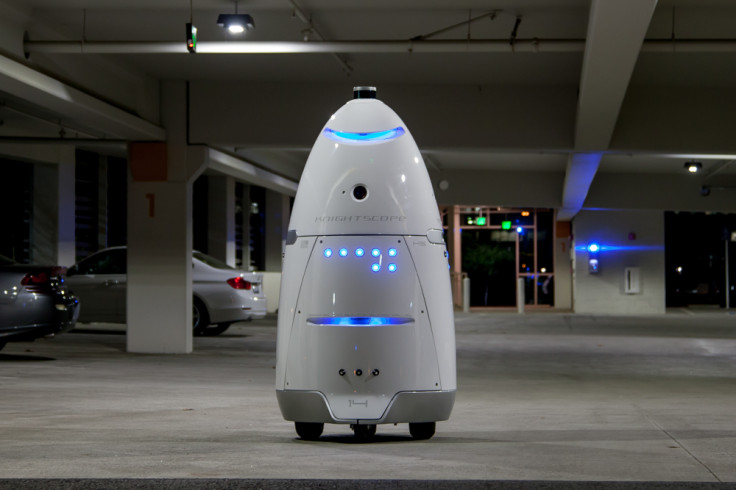These are the personality traits you need to stop a robot stealing your job
Worried a robot will take your job? These characteristics are your best defence.
Creativity, empathy and an interest in science and the arts are some of the traits you will need to stop your job being stolen by a robot in the future, say scientists. Researchers from the University of Houston have revealed the personality factors most likely to improve your career prospects in the robotic revolution, concluding that antisocial, uncreative types will be the first in the firing line.
People with a higher IQ generally stand better chances against job computerisation, although the study found that being an artistic or imaginative type was a better predictor of good job outcomes. Similarly, being able to interact well with fellow humans – an area in which robots tend to fall short – also puts you in better stead.
"Robots can't perform as well as humans when it comes to complex social interactions," said Rodica Damian, lead author of the study. "Humans also outperform machines when it comes to tasks that require creativity and a high degree of complexity that is not routine. As soon as you require flexibility, the human does better."
The study was based on a representative sample of nearly 350,000 Americans tracked over the course of 50 years, taking into account personality traits, vocational interests in adolescence, intelligence and socioeconomic status. Using this data, the researchers were able to determine which factors were more likely to lead to a person's job being automated in the future.

The study found that people with higher levels of intelligence, extroversion, maturity and those with and interest in arts and sciences were less likely to find themselves in jobs that could be replaced by machines.
Technologies like big data and machine learning are forecast to have a significant impact on the labour market, as they will enable machines to perform some tasks better than humans.
Personality factors that will help stop you losing your job to a robot
- Creativity
- Empathy
- Extraversion
- Flexibility
- Industriousness
- Intelligence
- Interest in arts and science
- Maturity
- Sociability
Will I lose my job to a robot?
A study by the University of Oxford in 2015 concluded that those in working in manufacturing, finance, administration, telemarketing and retail are amongst those most likely to have their roles automated. Conversely, complex jobs that require a high level of care, attention or intelligence were less likely to be automated.
This includes occupations such as surgeon, doctor, therapist, teacher, engineer, scientist, police officer and archaeologist.

Damien and her team found that every 15-point increase in IQ decreased the chances of a person's job being computerised by 7%. However, the researchers concluded that developing "unique human skills" such as creativity and sociability was more important to remaining relevant in the age of automation.
"Perhaps we should consider training personality characteristics that will help prepare people for future jobs," said Damian. "By preparing more people, at least more people will have a fighting chance."
© Copyright IBTimes 2024. All rights reserved.






